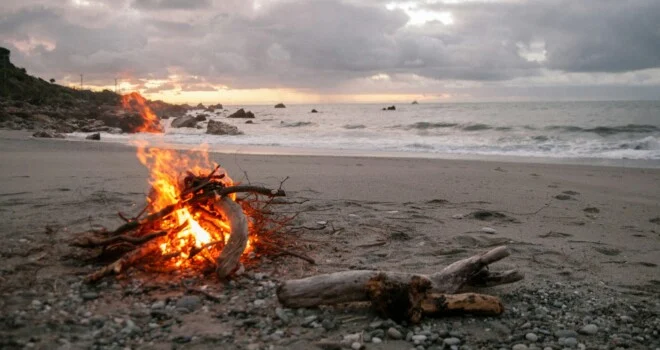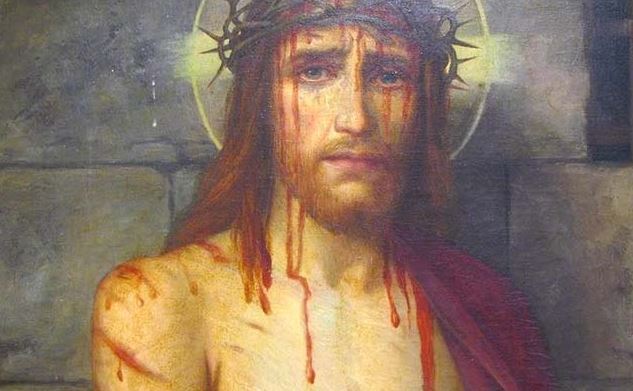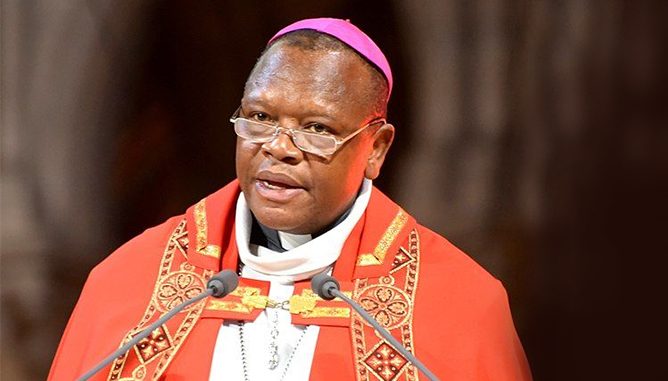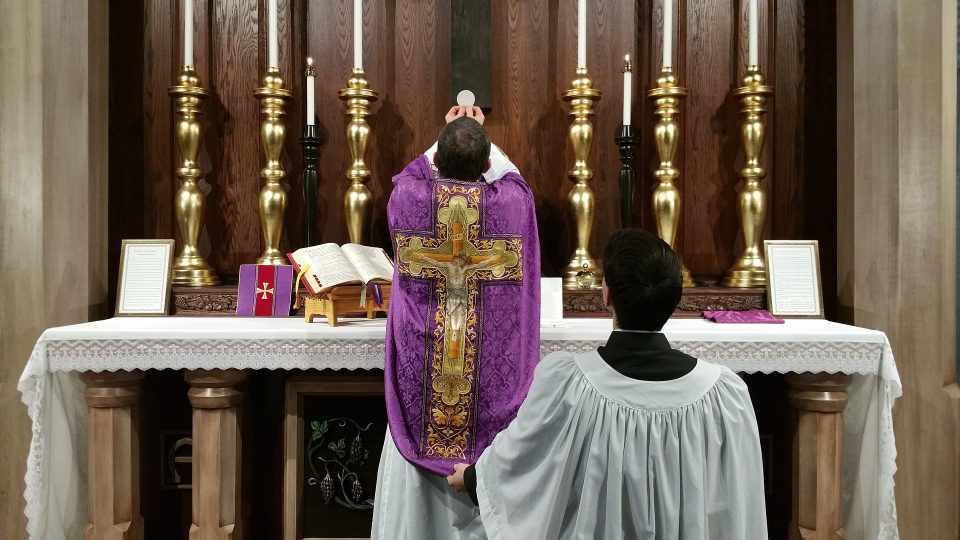By Gayle Somers, Catholic Exchange, May 2, 2025
Gayle Somers is a member of St. Thomas the Apostle parish in Phoenix and has been writing and leading parish Bible studies since 1996. She is the author of three bible studies, Galatians: A New Kind of Freedom Defended (Basilica Press), Genesis: God and His Creation, and Genesis: God and His Family (Emmaus Road Publishing). Her latest book, Whispers of Mary: What Twelve Old Testament Women Teach Us About Mary is available from Ascension Press. Gayle and her husband Gary reside in Phoenix and have three grown children.
During Christ’s Passion, Peter stood near the warmth of a charcoal fire and denied knowing Him. Today, Jesus and Peter meet again near a charcoal fire. Why?
Gospel (Read Jn. 21:1-19)
 St. John tells us that an appearance of Jesus at the Sea of Tiberius (also called the Sea of Galilee) was “the third time Jesus was revealed to His disciples after being raised from the dead.” As is always the case in St. John’s Gospel, there are layers of symbolism in the simple action described. The disciples have already seen the Risen Lord, but they have not yet been commissioned by Him to make disciples of all nations (see Mt. 28:15-20), nor have they received the promised Holy Spirit for the power they will need for this work (see Acts 1:4). For now, they are still fishermen. Surely they wondered what would come next. With time on their hands and a living to earn, they decide to go fishing, which was usually done at night on that sea.
St. John tells us that an appearance of Jesus at the Sea of Tiberius (also called the Sea of Galilee) was “the third time Jesus was revealed to His disciples after being raised from the dead.” As is always the case in St. John’s Gospel, there are layers of symbolism in the simple action described. The disciples have already seen the Risen Lord, but they have not yet been commissioned by Him to make disciples of all nations (see Mt. 28:15-20), nor have they received the promised Holy Spirit for the power they will need for this work (see Acts 1:4). For now, they are still fishermen. Surely they wondered what would come next. With time on their hands and a living to earn, they decide to go fishing, which was usually done at night on that sea.
It was a fruitless night of work; they caught nothing. At dawn, “Jesus was standing on the shore, but the disciples did not realize” that it was Him. This is a common theme of Jesus’ post-Resurrection appearances. The apostles have trouble recognizing Him (as we still do in the Eucharist, veiled as He is there). See that He calls out to them with the term, “Children.” By this first word of His address to them, He places the meaning of this episode within the context of the Kingdom His Father sent Him to build (recall that He taught the disciples to call God “Our Father” in prayer). When they tell Him they have caught nothing, He directs them to cast their net in another direction, which results in a huge haul of fish. …







